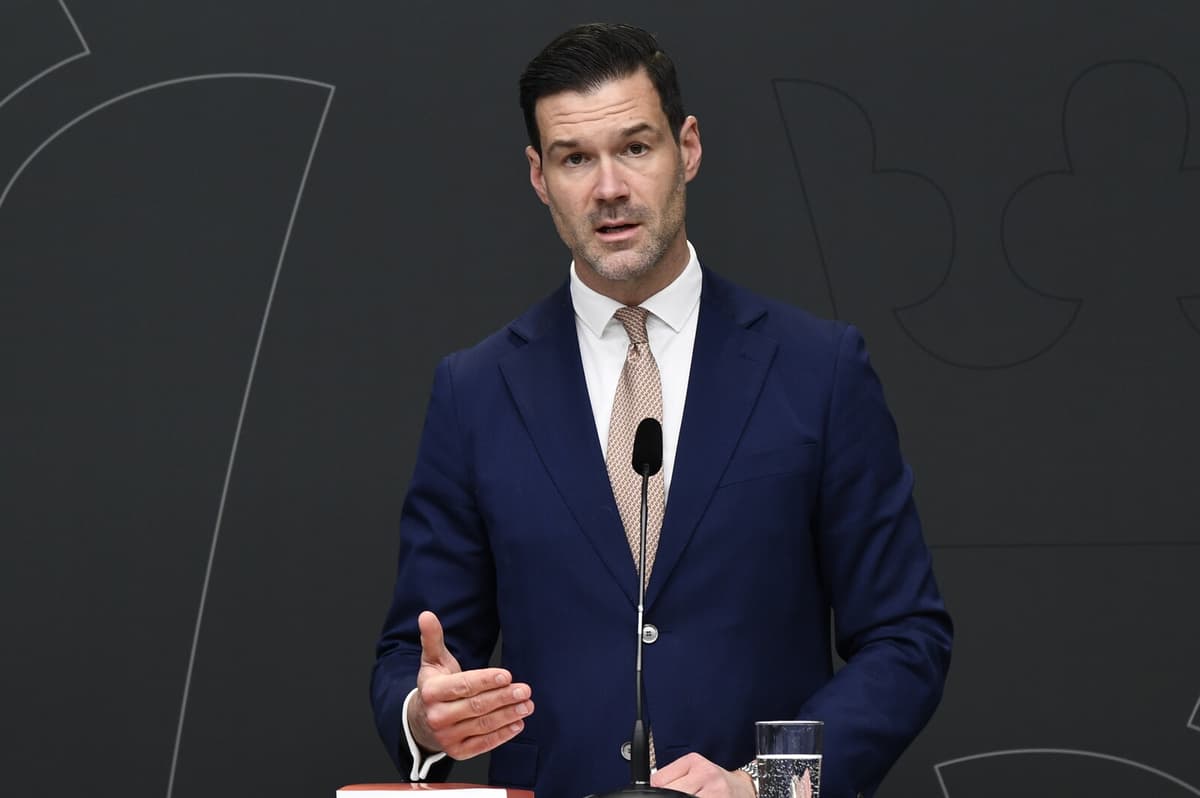Expo revealed in early July that a relative of a Swedish minister had been active in right-wing extremist and Nazi contexts.
On Thursday, Minister for Migration Johan Forssell (The Moderate Party) confirmed that the information concerns him and his son.
Whether the information constitutes a security threat is, however, difficult to assess, according to Tony Ingesson, who is a researcher in intelligence analysis at Lund University.
- The most obvious thing would be if someone, purely hypothetically, could have blackmailed with the information. But it's not certain that it's enough explosive material for this to work as blackmail, he says.
- It may not primarily be a security problem, but rather a political burden.
No details
The Security Service does not want to go into details about when the information about Johan Forssell's son became known.
I cannot go into that, because when it comes to questions concerning our protected persons and the handling of that, it is part of the protection, says press chief Karl Melin.
So when we have information or not, when we contact our protected persons or not and what measures we take, I simply cannot go into that because it is part of the protection as such.
The security risk should nonetheless be over now, according to Tony Ingesson.
- In terms of security, it is difficult to see that there would be any remaining risks. He says that his son has also left that environment. Without it being more of a burden issue, in that case, he says.
Increased protection?
Jörgen Holmlund, teacher in intelligence analysis at the Swedish Defence University, sees the events at the same time as a sign that more needs to be done to protect both elected officials and their relatives.
I do not want to downplay the seriousness of Expo's justified and skilled review. This is seriously troubling, he says.
But we should also consider how we protect all our parliamentarians from improper insight. Are our politicians and their children easy targets for improper interests? The challenge is greater than the individual case.






